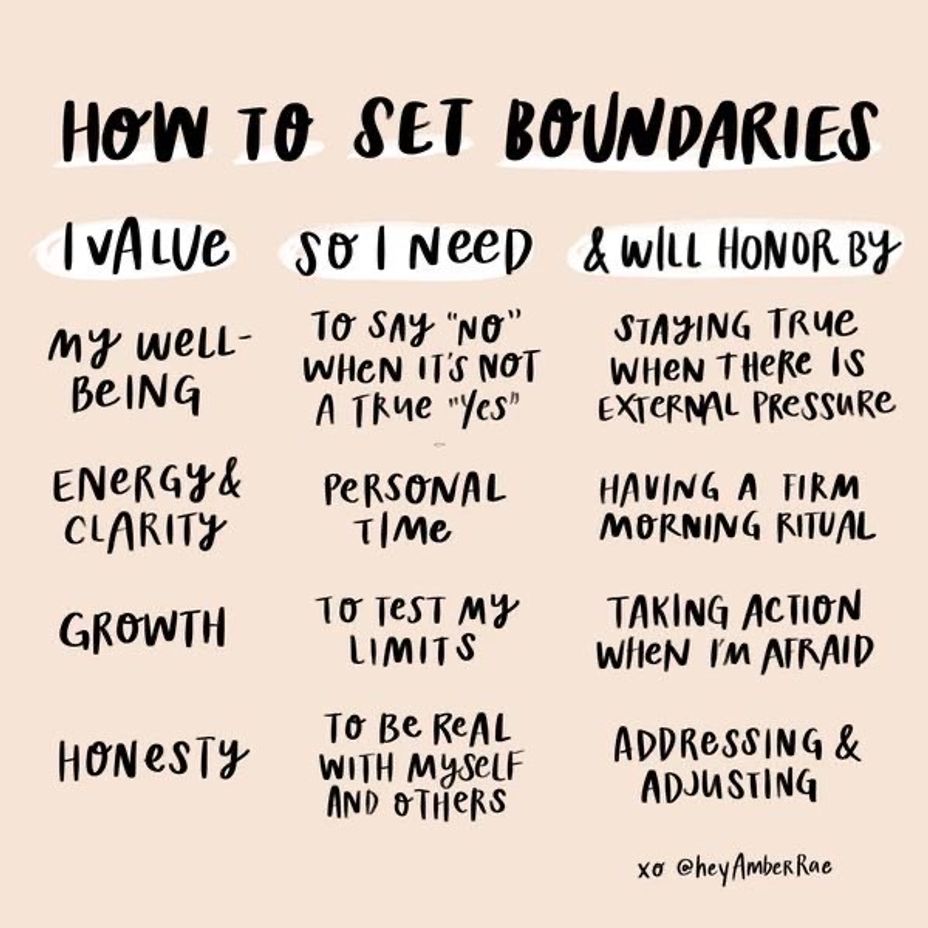5 Types of Self-Care for Your Mental Health
I found this post on one of The Mighty's stories and felt it would be useful if shared :)
Read it when you have time
Have a good day
Don't give up :)
#selfcare #selfawareness #happylife #dontgiveup
There are five different types of self-care: physical, emotional, psychological, spiritual and professional care.
1. Physical self-care
While physical self-care can be anything from a Netflix binge to a day at the spa, there are many other activities you can do to enhance your overall physical well-being to contribute to better overall mental health. Examples of this include: eating healthier, getting regular exercise, wearing clothes you like, or taking time out of your day to get your hair or makeup done or getting. While many of these activities might be considered more “superficial,” I think they are essential to maintaining lower levels of stress. So go ahead and go to your favorite beauty store and splurge on one of those bath bombs for a night in the tub — you deserve it!
2. Emotional self-care
Digging a bit deeper now; emotional self-care is often simply the act of allowing yourself to feel your emotions for what they are — with little to no judgement. This can be especially hard at first, but the more you do it the better you can become. Some activities in this area include finding things that make you laugh, complimenting yourself when you look in the mirror, allowing yourself to cry when you feel sad, spending time with loved ones and re-reading/re-watching your favorite book or movie until you can recite every line word for word.
3. Psychological self-care
In my opinion, this is one of the most neglected areas of self-care that most people (including my past self) are lacking engagement in. For instance, it’s OK to say “no” to extra responsibilities in your life. This is a very small but effective way you might be able to reduce stress. Some other activities in this area include engaging your intelligence in other topics (like going to an art exhibit or history museum), be curious for a day, practice receiving compliments well from others, make time for self-reflection and last but not least, pay attention to your inner experience (thoughts, feelings, attitudes and so on). You might be surprised at how even doing one of these activities a couple times a week can have a positive effect on your mood.
4. Spiritual self-care
Whether you believe in God, Allah, Buddha, are agnostic or atheist, it’s important to embed spiritual self-care into your daily routine. In this case, spiritual doesn’t refer to religion or believing in a sort of higher being (although, it absolutely can if that is what helps you). Instead, in this sense, spiritual self-care is the act of getting in touch with your inner human spirit and soul. Some examples of this include contributing to causes you care about (donating money or volunteering), meditating, spending time in nature, engaging in inspirational videos or literature and highlighting the nonmaterial aspects of life. I realize that some of these suggestions may be vague, but they can be done simply by thought or writing them down in a journal. Essentially, everyone is different and it’s up to you to engage in whatever form of makes you feel best!
5. Professional self-care
Engaging in professional self-care is essential for those in the workforce, however, these examples can be easily applicable to those still in school. Some of these examples are very basic, yet often missed throughout a busy work or school day. They include: taking time to chat with coworkers/peers, decorating your workspace to your liking, balancing your workload (literally meaning taking breaks as needed), developing an outside hobby or area of interest and creating a quiet and reserved area to get your work done. Ultimately, when you are able to give your professional life balance, lessened stress may allow you to succeed in other areas of life.
All in all, the best things in life come with balance. While certain stress in life can be necessary and even beneficial in some situations (hey, we’ve all put off our work until the last minute and felt the surge of adrenaline to help us turn it in on time), it’s easy for everyday events to become overly stressful and unmanageable. Yet, change isn’t easy. It’s said that it takes about 25 days for something to become a habit. In the process of incorporating some, if not all of the topics listed, I highly recommend doing one thing at a time at your own pace. This way you can see how each aspect of self-care benefits your mental health, and you won’t become overly critical of yourself if you miss the gym one day, forget to take a break, or fail to spend more time with yourself. After all, life is just a journey in which we should do our best to enjoy it and not be too critical of ourselves when we don’t need to.

